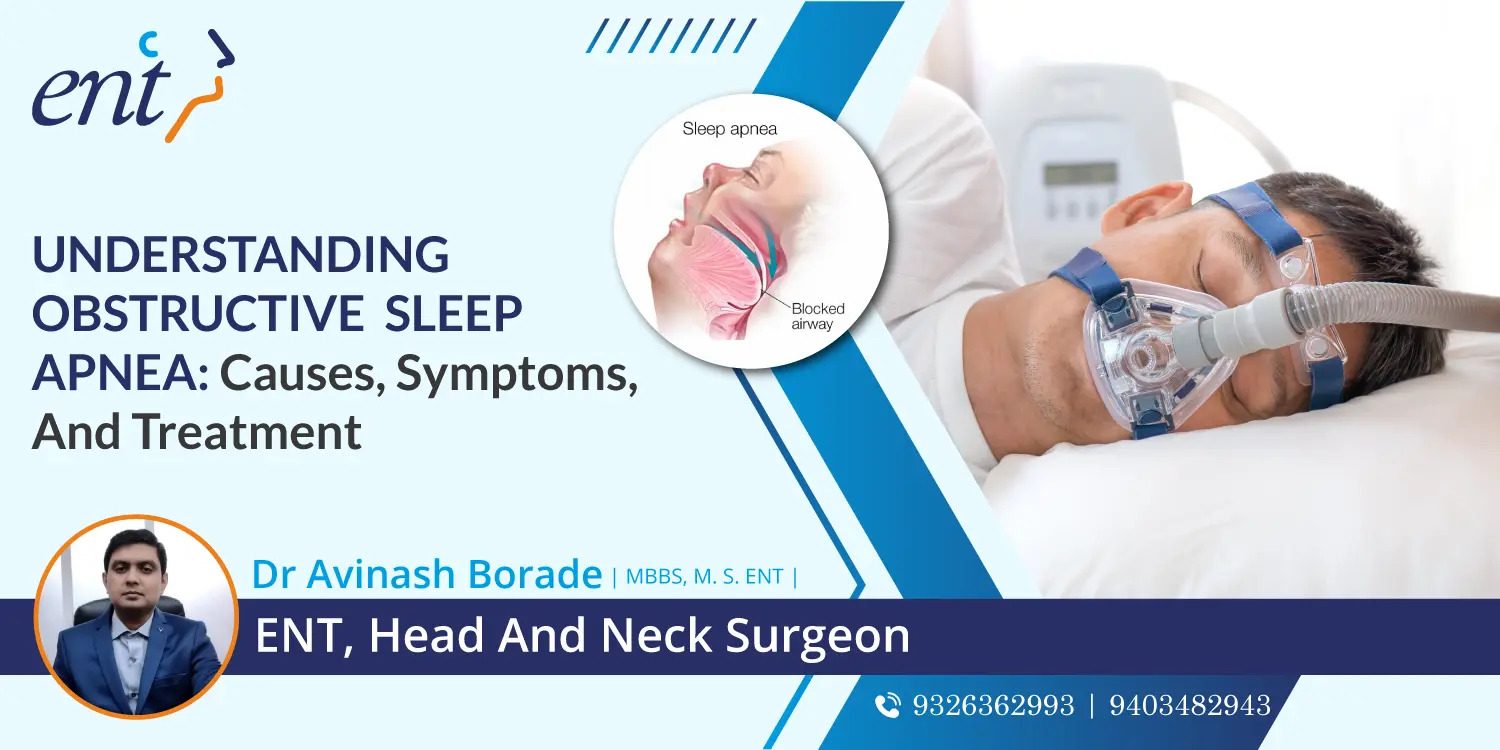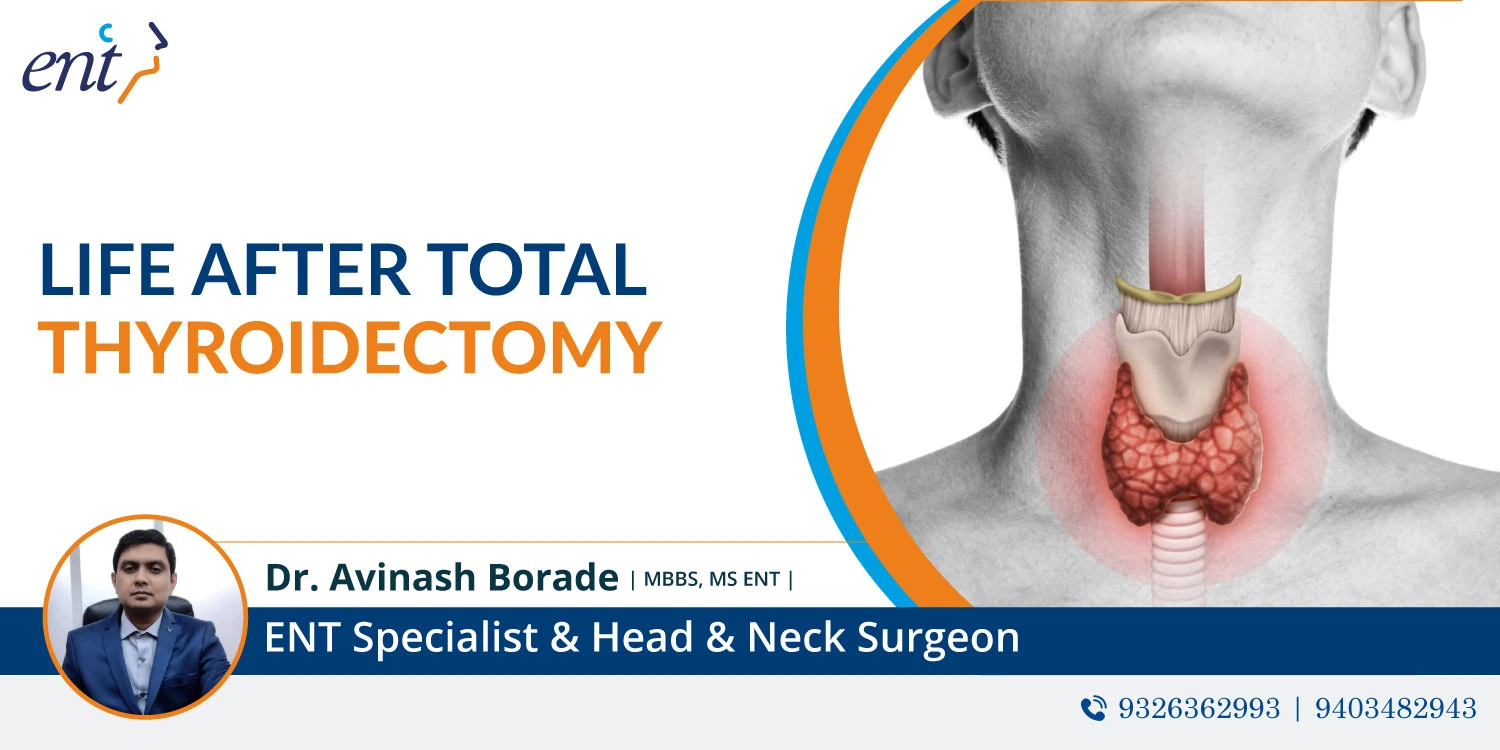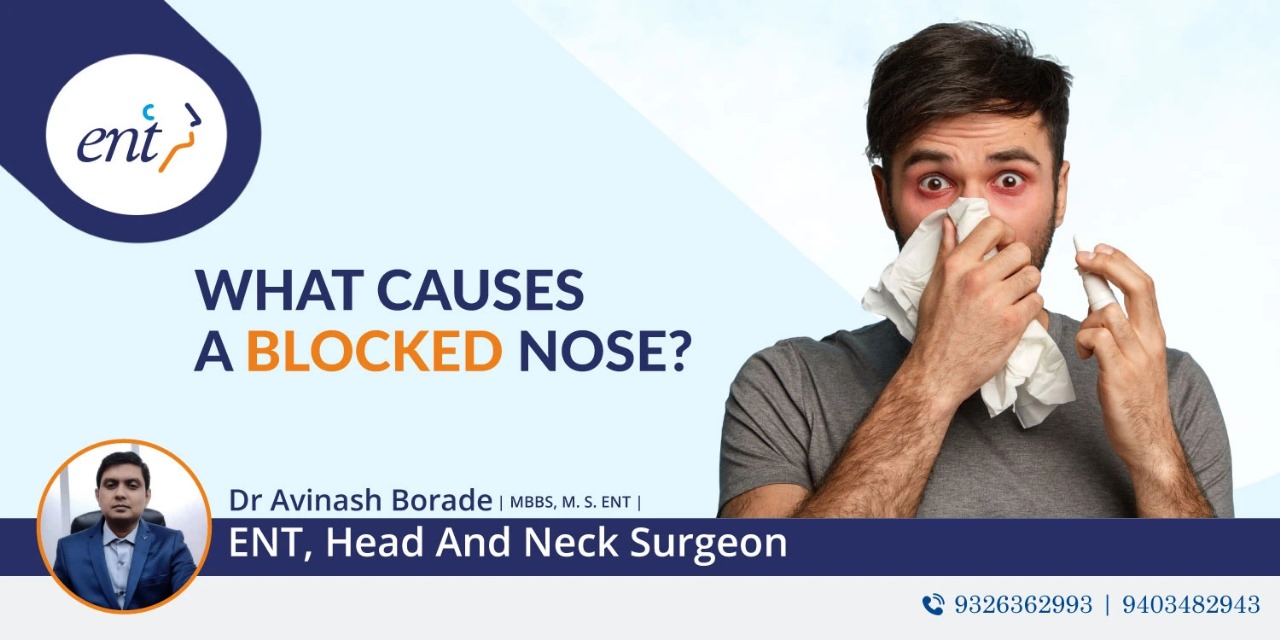Understanding Obstructive Sleep Apnea: Causes, Symptoms, and Treatment
Obstructive sleep apnea (OSA) is a common sleep disorder that causes a sudden blockage of the airway, obstructing the oxygen flow to the body and thus waking you up. Those diagnosed with this breathing disorder must get obstructive sleep apnea treatment in Navi Mumbai, as it can be a life-threatening condition.
Causes of Obstructive Sleep Apnea
Obstructive sleep apnea occurs when the muscles near your throat relax and make the airway narrower, making it difficult for the person to breathe normally. Many causes are linked to this sleep disorder. The most common ones are:
1) Obesity:
The risk of getting obstructive sleep apnea goes up with your body mass index. People who fall into the overweight or obese categories are also prone to sleep apnea because of their high risk of weight-related issues, like hypothyroidism and PCOS.
2) Enlarged Tonsils:
Large tonsils or adenoids are linked to obstructive sleep apnea in adults and kids. These enlarged tonsils do not cause any problems during the day, but when you lie down, they can press on your airway and restrict the airflow. This can lead to a sudden drop in your oxygen level. See an ENT specialist in Navi Mumbai to treat enlarged tonsils.
3) Structural Abnormalities:
People with certain structural issues, like small jaw and large neck circumference, are more likely to develop obstructive sleep apnea than others.
Symptoms of Obstructive Sleep Apnea
People with OSA might experience its symptoms day and night, although some people never experience the symptoms or relate it to other conditions. Here’s what indicates OSA:
- Loud snoring
- Fatigue during the day
- Inability to concentrate
- Frequent headaches
- Mood disorders
- A choking sensation when you are asleep
- Waking up constantly to breathe
Diagnosis of Obstructive Sleep Apnea
Currently, there are two best practices to diagnose OSA:
i) Sleep Study or Polysomnogram:
In this test, the patient sleeps in a medical facility where their heart rate, brain waves, and oxygen levels are monitored through the sleep cycle.
ii) Medical History:
A family history of sleep apnea increases your risk of developing OSA. Your doctor will ask about the sleeping habits of your family or any medical condition that might contribute to this breathing disorder.
Treatment Options for Obstructive Sleep Apnea
While there’s no permanent cure for OSA, certain treatment options can help improve your quality of sleep.
a) Continuous Positive Airway Pressure (CPAP) Therapy:
CPAP is a medical device that increases the air pressure in your airway and prevents the surrounding tissues from restricting the airflow, thus ensuring proper sleep.
b) Oral Appliances:
OSA can be linked to your mouth structure or the narrow jaw that might press on your airway when you breathe. If that’s the case, your doctor will design a specialized oral device that keeps your mouth and jaw in a position that prevents them from pressing your airway.
c) Weight Management:
Since weight is associated with breathing disorders, keeping your weight in check can help prevent obstructive sleep apnea.
People with OSA have trouble sleeping and are likely to spend the night tossing and turning in bed. So, it’s natural to wake up feeling exhausted. OSA can lead to heart problems, hypertension, and mood disorders if left untreated.













